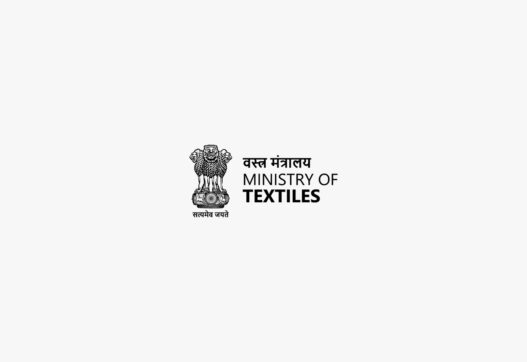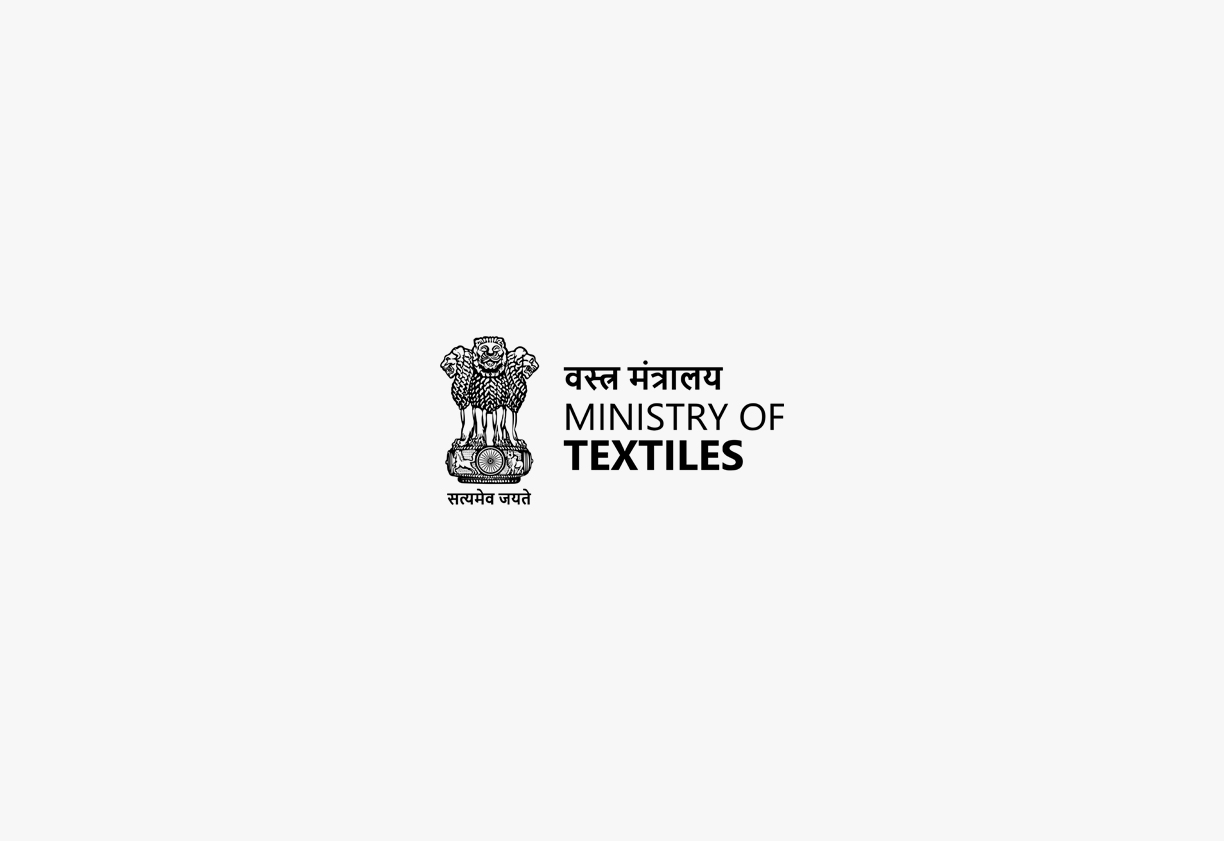Ministry of Textiles
The Jute Companies (Nationalisation) Act, 1980, nationalized several jute companies in India. The jute industry, vital for the national economy, faced challenges in the late 1970s, with many companies experiencing mismanagement and financial difficulties. The government, aiming to ensure continued production, supply, and fair pricing of essential jute products, enacted this Act to bring these companies under state control. This Act falls under the Ministry of Textiles.
Enactment Date, Number of Chapters, Number of Sections:
The Act was enacted on December 21, 1980. It consists of seven chapters and 33 sections, along with two schedules listing the nationalized jute companies and the order of priority for claims against them.
Act Governed By:
The Act’s implementation was overseen by the Central Government, which had the power to acquire the jute companies’ undertakings and potentially vest them in the National Jute Manufactures Corporation (NJMC). A Commissioner of Payments was appointed to manage the financial transactions related to the nationalization and handle the disbursement of funds.
On Whom It Is Applicable:
The Act primarily applied to the jute companies listed in the First Schedule, their employees, shareholders, and creditors. It also affected the NJMC and any other entities involved in the jute industry’s management or operations.
Penalties/Punishments:
The Act prescribes penalties, including imprisonment and fines, for offenses such as obstructing the acquisition process, wrongfully withholding assets, and making false claims. It also addresses offenses by companies.
Important Pointers:
-
Nationalized the jute companies listed in the First Schedule.
-
Transferred the ownership and control of these companies’ undertakings to the Central Government, with the option of subsequent transfer to the NJMC.
-
Provided for compensation to the jute companies for the acquisition of their undertakings and for the period of government management prior to nationalization.
-
Safeguarded the rights of the companies’ employees, ensuring their continued employment under comparable terms and conditions.
-
Addressed the transfer and management of provident funds and other employee funds.
-
Established a process for handling claims against the nationalized jute companies, prioritizing employee dues and secured loans.
-
Allowed for the Central Government or the NJMC to continue holding assets that were not originally owned by the jute companies but were vested in them under the Act.




